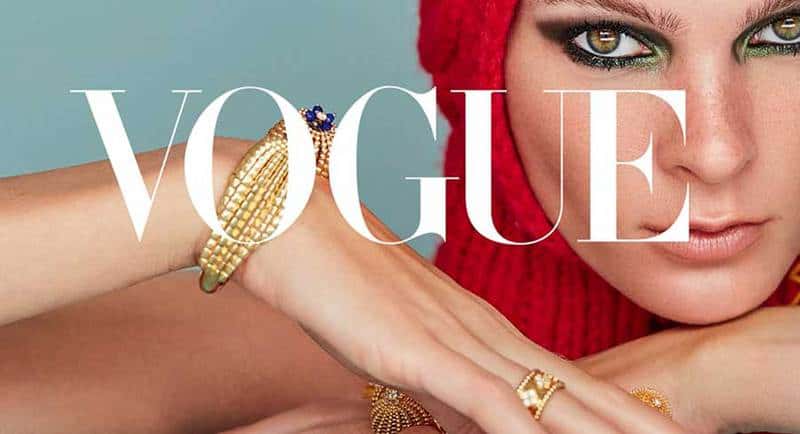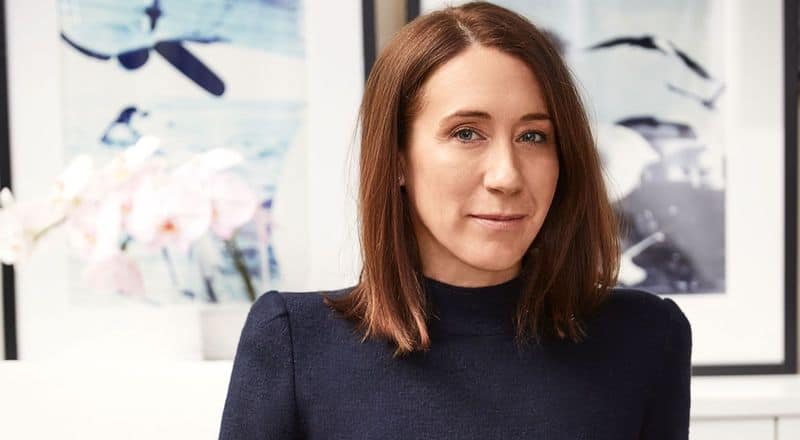It’s been a bumpy few years across all aspects of the economy, but for luxury brands like News Corp’s Vogue Australia, the bounceback has been swift. With audiences adjusting to the new normal, Vogue is right there responding to what readers want – no matter how much it shifts.
Mediaweek spoke to Edwina McCann, editor-in-chief of Vogue Australia at Advertising Week APAC 2022.
When Covid shut the world down and kept people within the Australian borders, it would be easy to assume that the luxury sector would have taken a major hit as people reprioritised their spending. For McCann however, that hasn’t necessarily been the case.
“A lot of Australians saved a lot of money. Normally we are in deficit in Australia – if you look at the billions that are spent overseas, compared to the billions that come into the country through tourism, that impacts the luxury sector dramatically.
“Covid reversed that deficit, and locking up all that Australian money was very good for our local luxury industry. We’ve certainly benefited from that, and we still are in terms of expansion so far. Who knows what’s over the horizon with supply chain issues, but so far, so good.”
When asked what the role of luxury brands is in the 2022 economy, McCann says that brands like Vogue excel when it comes to centring women.
“We’re about aspiration and inspiration, but hopefully we’re also connecting on a very personal level. From Vogue’s perspective, because so many women’s titles and brands – and I don’t just mean print magazines – exited the market, there aren’t many brands that can speak to women for women primarily.”

McCann says that to continue doing the work that the Vogue team loves requires balancing “a mixture of things” to remain successful, though.
“In luxury, as long as you get that balance right between accepting that: 1. You have an incredibly wealthy audience who are relying on you to provide them with the insights and information that they want, where the price is not a concern.
“And 2. Also understanding that your digital audiences are not just the super wealthy, and that they also want the brand’s permission to buy the great $200 dress, or the great $80 dress. I think as long as we do both, we’ll be fine.”
Keeping across what is resonating with Vogue Australia readers outside of the core fashion and lifestyle content, McCann says that there are a handful of topics that stand out from the crowd.
“Bizarrely, all through the pandemic, a lot of royal news did exceptionally well. I think at the start everybody was waiting for the next episode of The Crown, and the Jubilee was coming up. There was this real fascination, particularly with the Queen’s jewels.
“Also anything with horoscopes – even ‘choose your wine by your horoscope’, I didn’t know you could do that, but according to an expert, you can! In a reasonably non-religious society like Australia, horoscopes have taken up some meaning in a way – that sense of belonging to one tribe or another.”
However, when it comes to what audiences are flocking to both domestically and overseas, there has been one particularly encouraging surprise for McCann.
“What I’m most buoyed about is that our coverage of Indigenous Australian designers at Australian Fashion Week hit it out of the park. Not just locally, but internationally – people are interested in that, and that has a huge impact not just for Australian First Nations people, but potentially First Nations people all over the world.”
